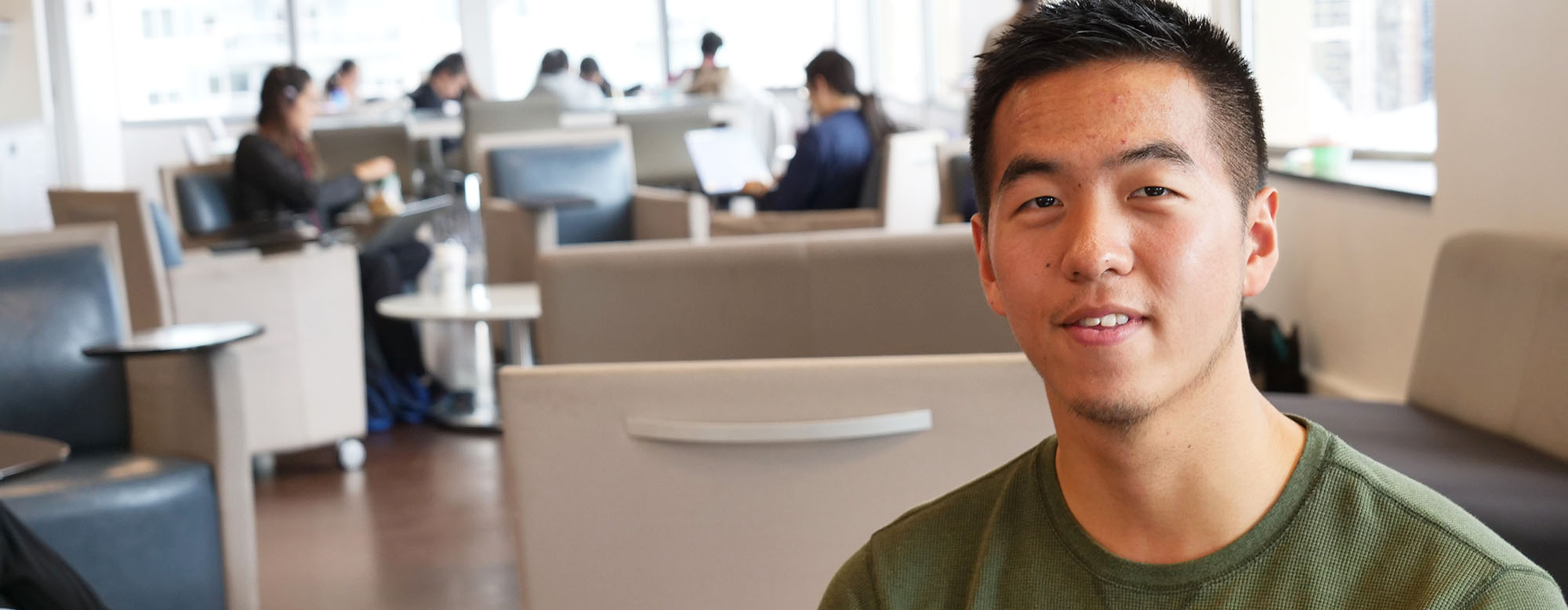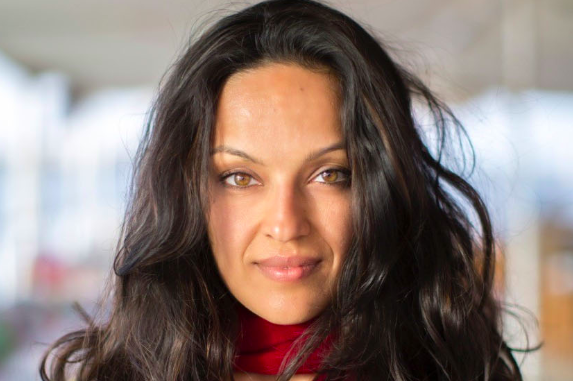Master of Education in Counselling Psychology (Global Mental Health & Counselling Psychology Field)

Master of Education in Counselling Psychology (Global Mental Health & Counselling Psychology Field) Overview
Mental health and counselling psychology in a global context
Do you aspire to work in the field of mental health and counselling psychology in a global context? The international focus of this program will provide you with the academic and guided professional experience needed to contribute to mental health service development initiatives in diverse nations across the world.
This field is directed to international practitioners. Graduates of the MEd in Counselling Psychology, Global Mental Health & Counselling Psychology (GMHCP) Field will understand the cutting-edge theory and practice of psychology and mental health in international settings.
The program will not lead to registration as a Certified Canadian Counsellor (CCC) with the Canadian Counselling and Psychotherapy Association, nor will it provide registration with the College of Registered Psychotherapists in Ontario (CRPO).
The practicum component is to be arranged primarily by the student and must be in an international setting. We cannot facilitate a domestic practicum site should the international placement not materialize.
For detailed information about the program, please consult the School of Graduate Studies Calendar.
At a Glance
Study Options
Full-time (4 sessions)
Coursework
Practicum
Funding and Tuition
For current information about tuition fees, funding, and financial support, visit Tuition & Financial Support.
Deadlines
Applications are now open for a Fall 2025 start.
Apply
Ready to join one of the world’s top universities? Take the next step in your academic journey and start your application to graduate studies at OISE.
Speak with our Team
Have questions about our program, admissions, financial support or career options after graduation? Our team has the answer you’re looking for. Contact us for one-on-one support.
Attend an Info Session
We host information sessions, open houses and tours throughout the year. Come discover what it's like to study at OISE. Explore campus and meet our community.
Why I Chose Applied Psychology & Human Development

Kim Jagtiani (Master of Education 2021)
Counselling Psychology - Global Mental Health Field (CP)
"Along with gaining the opportunity to join an outstanding academic faculty, I was intrigued by the diverse learning experience offered in our program. I was also drawn to the inclusive and caring school ethos and culture that encourages personal and professional growth. I love that OISE is well-known to be a caring community of scholars."
Master of Education in Counselling Psychology Admission Requirements
General Admission Requirements
Please visit the OISE Admissions website for detailed information about the application process, including general minimum admission requirements and supporting documents.
Program-Specific Information (Minimum Admission Requirements)
- Applicants are admitted under the General Regulations of the School of Graduate Studies.
- An appropriate bachelor’s degree of any background or discipline, with a grade equivalent to a University of Toronto B+ or better in the final year or over senior courses, from a recognized university.
- Minimum 1 year of relevant experience
- Successful Interview focused on the international practicum placement the student will complete. Evaluation will be based on suitability of student’s learning goals and on the practice in which he/she will engage in.
- English Language Proficiency if required
- Students applying to the Global Mental Health field must arrange a suitable international practicum prior to being admitted to this program. The practicum is intended to link the theory, concepts, assessment, intervention strategies and research methods taught in the program to real life-practice.
Required Supporting Documents
All applicants must submit:
- Transcript(s) from each post-secondary institution attended
- Two letters of reference (One academic and one professional)
- A resume/curriculum vitae
- Applicants are asked to respond to the following questions explaining your experiences and how they relate to the program during the application submission process:
- Briefly describe your relevant counseling or clinical experience, either volunteer or professional, that will contribute to your success in the program. (200 words max)
- Please describe your commitment to diversity, equity, and inclusion. How have your personal, academic and/or professional experiences prepared you to work effectively with diverse peoples in your future practice? (150 words max)
- What counselling or clinical psychology/psychiatric agencies or services in your home country (or other international settings) have you investigated or planned to approach to fulfill the practicum placement required for this program? Who have you have identified as a possible supervisor in that setting? What types of counselling experiences or training does this setting offer to their practicum students? (200 words max)
- GMH Counselling Experience Table (Blank table can be downloaded from the Faculty Questions page via the online application portal)
Additional Program Information
Coursework
Students must complete 5.0 full-course equivalents (FCEs) as follows:
- APD1219H Ethical Issues in Professional Practice in Psychology and Psychotherapy (0.5 FCE).
- APD1228H Couples Counselling (0.5 FCE).
- APD1245H Brief Strategies in Counselling and Psychotherapy (0.5 FCE).
- APD1278H Cognitive Therapy (0.5 FCE).
- APD1282H Introduction to Global Mental Health and Counselling Psychology (0.5 FCE).
- APD1283H Peer and Video-Based Counselling with Practicum Field-Based Learning in Global Mental Health (0.5 FCE).
- APD1902H Theories and Techniques of Counselling in a Global Context (0.5 FCE).
- APD2293H Interpretation of Educational Research (0.5 FCE).
- APD5000H Special Topics in Applied Psychology and Human Development: Master's Level (0.5 FCE).
- In consultation with the program chair, students will take APD1268H Career Counselling and Development: Transitions in Adulthood, APD1291H Addictive Behaviours: Approaches to Assessment and Intervention, or another elective.
According to the application requirements for the Master of Education in Counseling Psychology and Psychotherapy program, an academic reference is preferred, along with a professional reference, however, will two professional references be accepted instead of one academic and one professional reference?
Yes. For applicants several years from their undergraduate programs, a strong academic reference may be difficult to obtain. The want is to have one of the practical referees speak to your scholarship too – perhaps critical thinking/writing, report writing, literature reviews, presentation skills, and all-around collegiality – in addition to what she/he can offer toward your practical skills.
Can you please confirm that this program does not have a research component?
The MEd degree programs do not have a research component. Applicants do not need to identify professors of research interest, but can list courses of interest which they teach.
Does what programs we do for our undergraduate influence our chances of getting into the program?
The MEd Counselling and Psychotherapy program does not require a specific undergraduate major. Any 4 year BA with a B+ or better in the last year is fitted. Applicants will want to demonstrate their academic scholarship with their faculty questions and via their reference letters, such as critical thinking and writing.
Is a successful work experience not related to counselling field not recommended to apply?
Applicants are encouraged to elaborate only on practical exposures relevant to mental health skills building and preparedness for a successful practicum placement.
For students who are in the process of completing their undergraduate degree, does the admissions committee look at just the 3rd year courses since the 4th year grades aren't released? Are there a certain number of courses they take to calculate an admissions average?
For applicants applying during their final year of the undergraduate program, an application GPA is not calculated. If an admissions offer is received in late March/early April, it will be conditional upon submitting proof of graduation and receiving a B+ or better GPA in the last 5 full-year equivalent degree course credits.
For the MEd in CP - Counselling and Psychotherapy what is the minimum numbers of courses you can take as full time student. Are courses offered over the spring and summer months?
Full-time registration in the MEd program is typically 3 courses per semester. This is 6 in the first year, and the remaining 4 in the 2nd year, including the practicum placement. Summer courses are available. These are electives and are optional.
Would it be possible to apply as international student and change the status afterwards if permanent residency is granted after been accepted by the university?
An applicant’s residency status would not affect the review of their application. When an offer of admission is received, in late March or early April, the applicant may update our OISE registrars’ office with their residency status at that time.
If I have just begun a volunteer position with a crisis line that I am committed to for one year, (meaning at the time of the application I will only have been in the position for a month), will this still be considered for relevant experience for September program start date.
Yes, the one year practical experience requirement is counted back from when an applicant would begin the program the following September. We encourage applicants to consider when is the best year to apply, when familiar and glowing letters of reference can be secured.
Experiences beginning at the time of application will often not have substantial relationship-building for the referee to elaborate upon.
I am trying to get an idea of what the program looks like and I’m not having a lot of luck online. Do you happen to have an example schedule of what courses are offered and what your week would look like ? Also, does the program help to find you a placement and is the 250 hours direct or does that include all direct and indirect hours at placement?
A representative course schedule is not available, but full-time registration is typically 3 courses per semester, which can be scheduled in 2 or 3 days - 9 hours of in-class time per week. The 2nd year includes 4 more courses plus a two day a week practicum placement. The minimum 250 hours is inclusive of indirect and direct client hours - the latter being a minimum of 25%.
This dual degree program creates a pathway between U of T's Master of Education (MEd) in Counselling Psychology, Global Mental Health and Counselling Psychology (GMHCP) field and China Medical University (CMU)'s Master of Medicine (MMed) in Psychiatry and Mental Health programs.
Students will gain both degrees in three years rather than the four years it would take to acquire the degrees independently.
Applicants must apply directly to both the Department of Applied Psychology and Human Development at U of T and the Department of Medical Psychology and Mental Health at CMU.
There are also dual degree programs with China Medical University (CMU)'s Master of Science (MSc) in Applied Psychology, and Zhejiang University (ZJU)'s Master of Applied Psychology (MAP) program.
See more details about the dual degree programs on the School of Graduate Studies Calendar.
Program Chair: Dr. Roy Moodley
Questions? Please email us at oise.aphd@utoronto.ca
Program Coordinator:
Caren Li
kl.li@utoronto.ca
Ready to join one of the world’s top universities?
Take the next step in your academic journey and start your application to graduate studies at OISE.